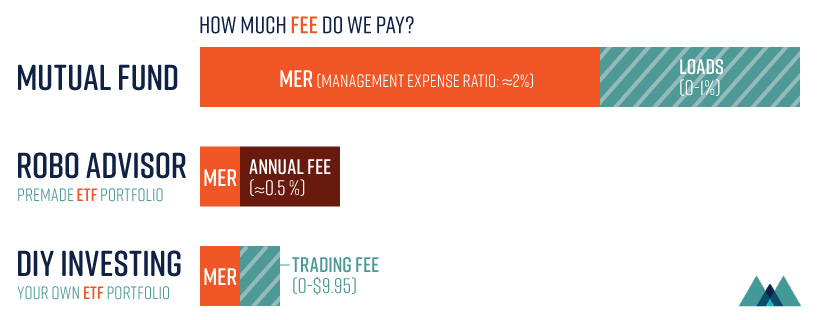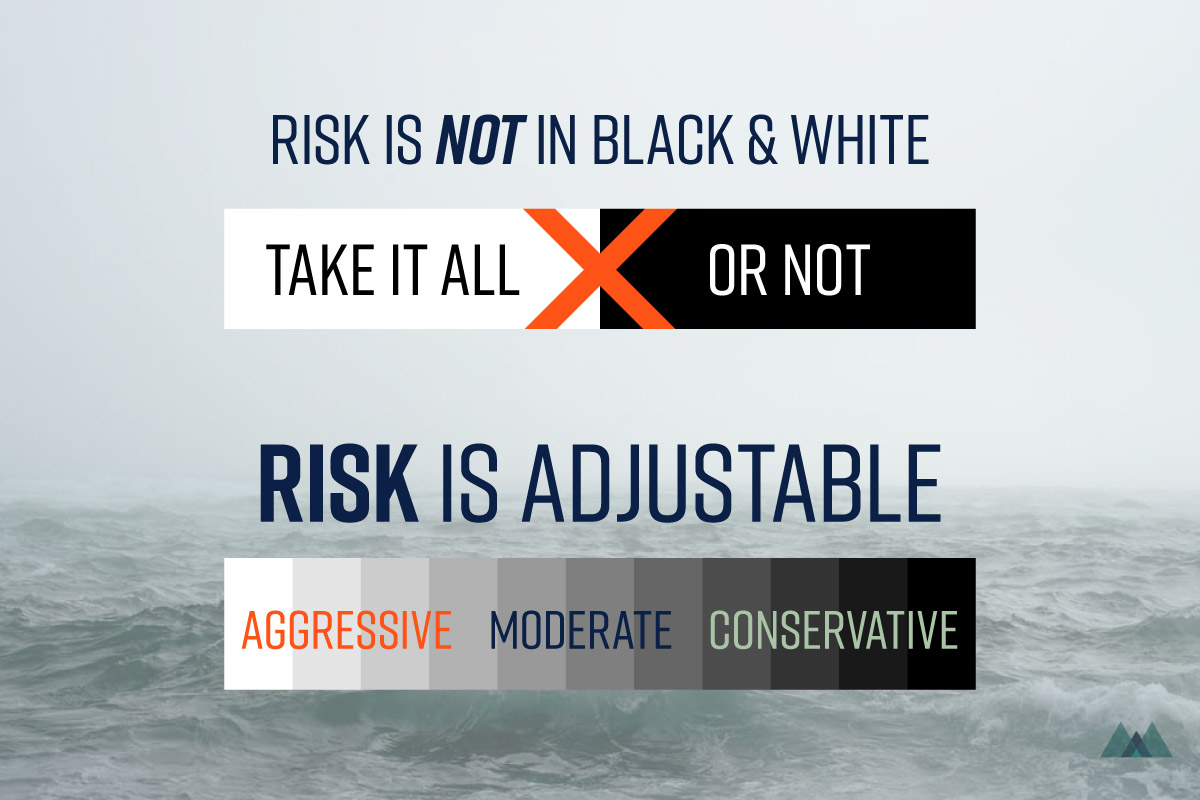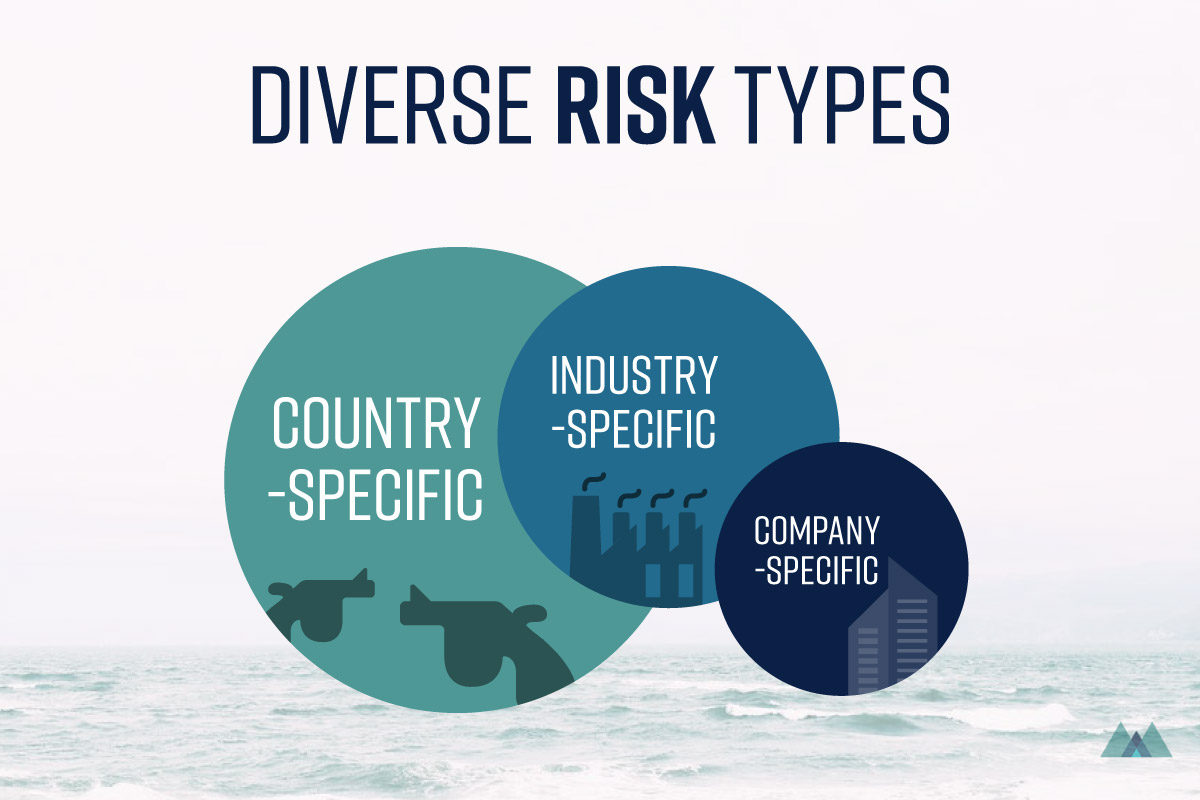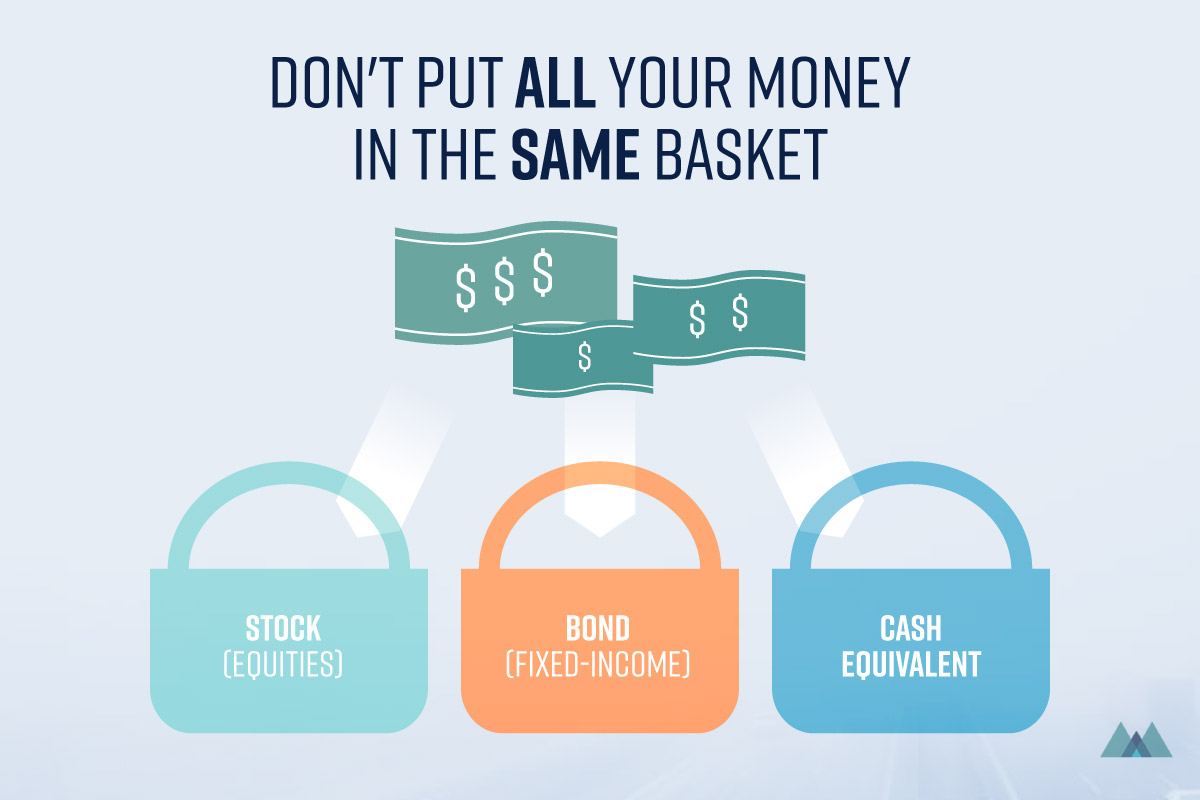Following the previous story, Jeffrey, an experienced self-taught investor, shares the handy beginner investors tips as well as free resources from world experts. He says only elementary math and common sense are required to design an investment portfolio.
Step 1: Understand Basic Investing Concepts
What are the key points beginners should know before investing?
First, get familiar with the basic terms of personal finance and investing - while daunting at first, most concepts require minimal background knowledge to understand. These ideas do not require advanced degrees in mathematics or economics (really, elementary math is enough!).
Then, understand key concepts such as the cost of investing. Before investing, the ideas of diversification and risk should be clear, as well as the benefits of low-fee investments (e.g. ETFs) as compared to high cost “consumer products” (e.g. Mutual Funds…).

Step 2: Set Up a Portfolio with Beginner Investor Tips
After getting the basics, how can beginners decide where & how to invest?
Design a very simple portfolio with a risk profile according to your age. (Look at Bogleheads & Canadian Couch Potato portfolios). Depending on the individual’s wealth, you can accomplish this by:
- DIY approach: set up a TFSA investment account at a low fee discount broker (e.g. Questrade).
- Robo advisor: try technology driven portfolio management services like Wealthsimple or Betterment,
- Wealth manager: Consult with a fee-only, fiduciary financial planner to create a portfolio (ideal for high net worth individuals).
For the Canadian investor who chooses the first option, consider low cost CAD ETFs (get lots of advice on websites like Canadian Couch Potato). If you have enough money to convert to USD at a fair exchange rate (e.g using Norbert’s gambit), I would also recommend something like Vanguard Target Retirement Funds, which are an excellent hands-off approach for a relatively low cost.
Step 3: Stay Informed. Stay Rational.
What's your favorite resource regarding learning investing? Any book, website, or even a movie?
Wikipedia (and to some extent Investopedia) is probably the most useful as far as terminology. Reddit can be good for posting specific questions. Blogs and YouTube videos are a free source of excellent information.
For those who are really interested in investment philosophies: First, consider listening to the free Open Yale course about Financial Markets, Or, read some of Warren Buffet's recent annual letters to Berkshire’s shareholders.
If you could go back, is there anything you would do differently?
Like everyone else, I would have invested in the market with much more risk - or maybe just bought Bitcoins ;). However, this kind of hindsight leads investors to make emotional and irrational decisions. Ultimately, I would have liked to start in 2011 with the same knowledge of finance and investing that I have today, and to have approached investing with the same rigour and understanding that that I currently do.




One Comment
Comments are closed.